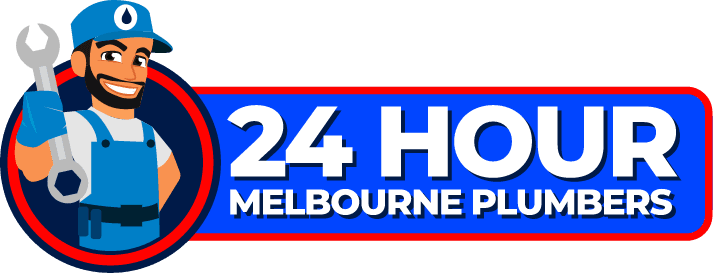What are the Regulations for Plumbing in Australia?
The National Authority on Plumbing Regulation is the Australian Building Codes Board (ABCB). The ABCB is responsible for creating and maintaining the National Construction Code (NCC), the legal documentation of all Australian regulation for building and plumbing. Volume 3 of the NCC contains the Plumbing Regulations 2008 and the Plumbing Code of Australia.
The Plumbing Regulations 2008 is due to be updated on the 18th of November this year, and while it shouldn’t affect current plumbing practices there are several minor changes that are being made. You can read more about that on the Victorian Building Authority’s Official Website.
According to the updated Plumbing Regulations 2018, plumbing work is any of the following:
Backflow prevention work, drainage work, fire protection work, gasfitting work, irrigation work, mechanical services work, refrigerated air conditioning work, roofing (stormwater) work, sanitary work, thermostatic mixing valve work and water supply work.
If you’re interested, you can read more in detail about what every one of these work subjects covers in the Plumbing Regulations 2018.
Can I Do My Own Plumbing If I’m Unlicensed?
Many people don’t realise that doing your own plumbing can be just as dangerous as doing your own electrical work. Work done incorrectly can cause flooding, structural damage and collapse, or even cause electrical currents to flow through the water. As a rule of thumb, it is always better to let a licensed professional do the work for you. However, there is plumbing you can do yourself legally, though it’s limited to:
– Replacement of a 3-star shower head (shower head with a water efficiency rating of 3 stars)
– Tap washer replacement and other minor tap repairs
Changes to Plumbing Regulation in 2018
A number of the regulations used by state level plumbing regulation authorities are quite outdated, with many not having completely updated regulations since 2012 or earlier. Western Australia’s Plumbing Standards and Regulations has been in effect since 2000.
The plumbing landscape has changed significantly since then, especially in the last few years with the rise of social media and casual labour via services such as Airtasker enabling people, allowing them to get away with operating as unlicensed freelance plumbers without being noticed by state authorities and regulations.
Thankfully a number of these Acts are being updated, with Tasmania seeing an update in 2016 (Building Act 2016), Queensland in 2017 (Plumbing and Drainage Act 2017), and an overall upcoming update, which I mentioned earlier, to the Plumbing Regulations 2008 Australia wide.
With all these regulations adopting the PCA and the Australian Plumbing Regulations, plumbing regulations should be more standardised across Australia, reducing issues in regards to interstate plumbing, as well as reigning in some of those more modern plumbing issues.
Your Local Plumbing Authority
Most States and Territories have a central Plumbing Authority, although some split the technical and licensing roles. If you’re looking to become a plumber, looking to contact your local plumbing authority, or want to know the regulations for your state, follow the links below:
VIC Building Authority Plumbing
ACT Access Canberra Plumber Information
SA Government Technical Regulator
QLD Building and Construction Commission Plumber Licensing
WA Government Plumbers Licensing
TAS Government Plumbing Regulations
24 Hour Plumber Melbourne are your local emergency plumber Melbourne. With 24/7 service we can help you any time, with any job. Every member of our team of experienced plumbers is licensed, qualified, and ready to lend a hand.

Recent Comments